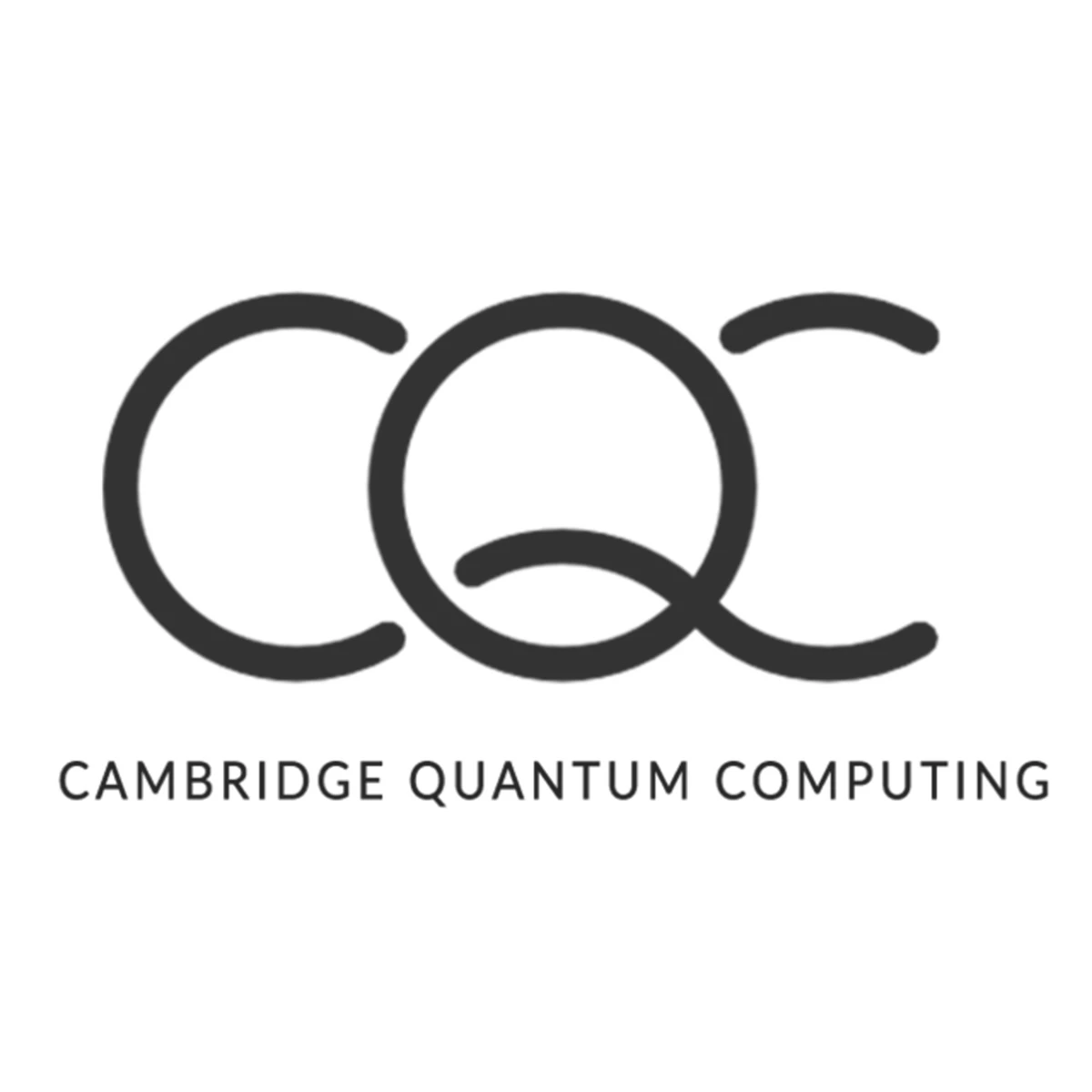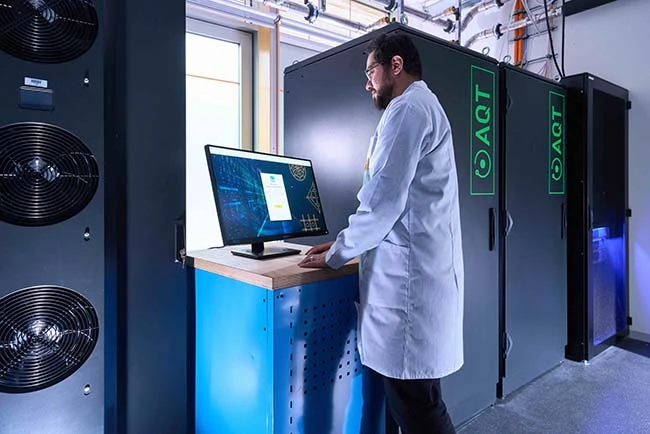April 23rd, 2020
AQT quantum computer becomes backend for t|ket⟩ quantum software
April 2020: The AQT quantum computer in Innsbruck is now supported as backend by pytket, a Python library for interfacing with t|ket⟩, the quantum software development kit of Cambridge Quantum Computing (CQC).
Quantum computing offers a fundamentally new approach to solve problems that are beyond the reach of today’s classical computers. It will allow us to tackle some of the most intriguing and important problems in chemistry, material science, finance and optimization. Programming a quantum computer differs radically from what programmers are used to today. Traditional programming languages cannot be used, so new programming languages are required to unleash the power of quantum computers. However, while there are various technical approaches to realize a quantum computer, there are only very few quantum programming languages.

t|ket⟩ is an architecture-agnostic quantum software stack and compiler, which allows customers to explore quantum algorithms on different hardware architectures such as superconducting circuits and trapped ions. It translates machine-independent algorithms into executable circuits, optimising for physical qubit layout whilst reducing the number of required operations.
t|ket⟩ was developed by CQC, a globally recognised top player in the fields of quantum chemistry, quantum machine learning, quantum cybersecurity and quantum software. Its technologies are allowing some of the world’s largest chemical, energy, financial and material science organisations to harness the transformative impact of quantum computing — now with our Innsbruck quantum devices serving as backend.
November 29th, 2024
Intuitive benchmarks as the key to technology decisions
September 25th, 2024
AQT’s ion-trap quantum computer, procured by the Leibniz Supercomputing Centre and Munich Quantum Valley, is now operational at LRZ's Quantum Integration Centre, making it the first of its kind in a computing center.
August 30th, 2024
The total value of the delivery, including services, amounts to 12.28 million euros. AQT is delivering a quantum computer to the Poznan Supercomputing and Networking Center (PSNC) in Poland.



